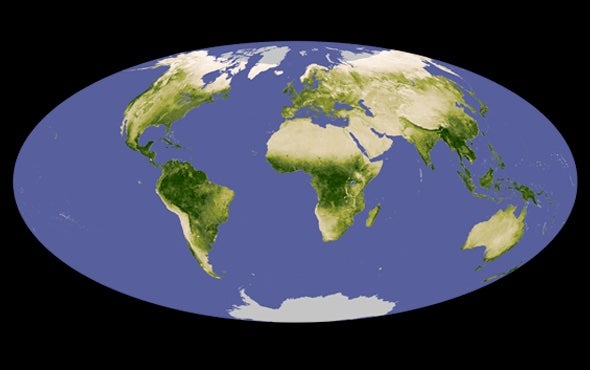
AUSTRALIA
Male quolls, endangered Australian marsupials, die after one mating season—and new research using radio trackers shows why. Scientists found the quolls sacrifice sleep and travel long distances to find a mate, likely making them weak and reckless. One walked 6.5 miles in one night—equivalent to 24 miles for a human.
FRANCE
Cryptographers decoded 57 hand-encrypted letters from Mary, Queen of Scots, who was arrested and later beheaded as a rival to Queen Elizabeth I. The 16th-century letters were mostly addressed to the French ambassador to England, revealing Mary’s extensive political efforts while imprisoned.
INDIA
A cave wall discovery originally identified as a 550-million-year-old fossilized Dickinsonia sea creature is actually residue from a present-day beehive, researchers say. The finding revives debate about nearby formations’ geological history.
KENYA
A 2.9-million-year-old tool set used to butcher hippos is the earliest example of simple, flaked stone items from what is called the Oldowan tool kit. The artifacts may not have human origins, though—they were excavated alongside teeth from an extinct hominin branch, Paranthropus.
RAPA NUI (EASTER ISLAND)
A previously unknown moai, one of the famous volcanic rock statues, was discovered in a lake bed that is drying up as a result of climate change—and archaeologists say there may be more underneath the reeds.
U.K.
Ynys Enlli, a tiny Welsh island shielded from mainland light pollution by a mountain, has become Europe’s first certified “dark sky sanctuary.” It has two year-round human inhabitants and a nesting site for nocturnal seabirds that need dark skies to fly home.
For more details, visit www.ScientificAmerican.com/may2023/advances
